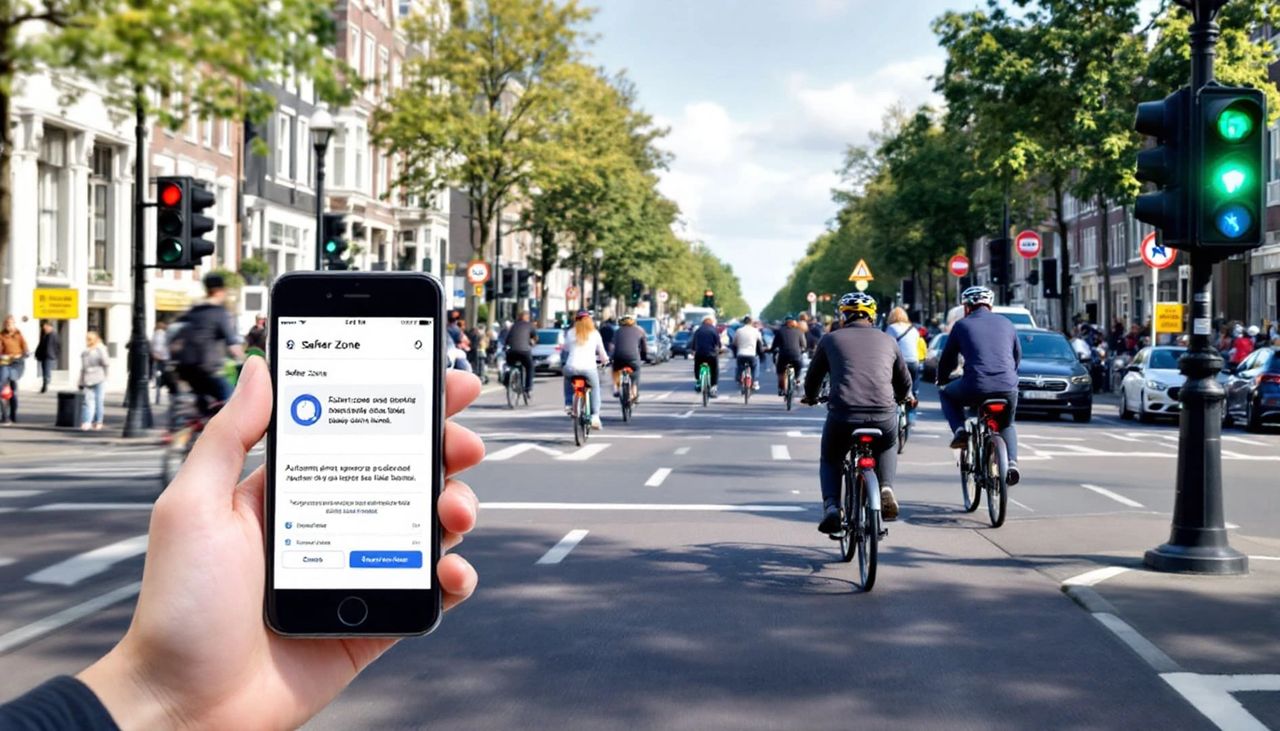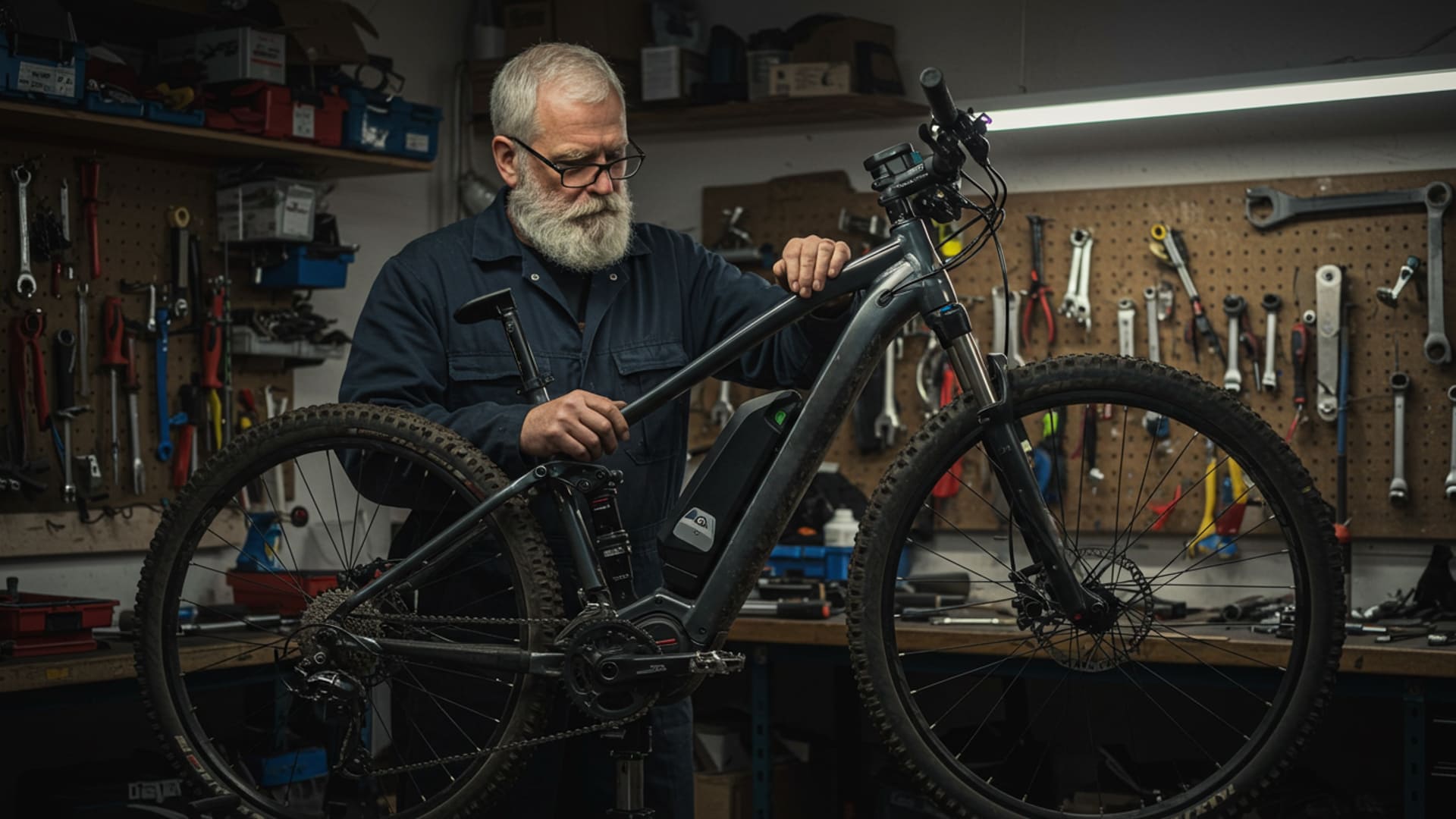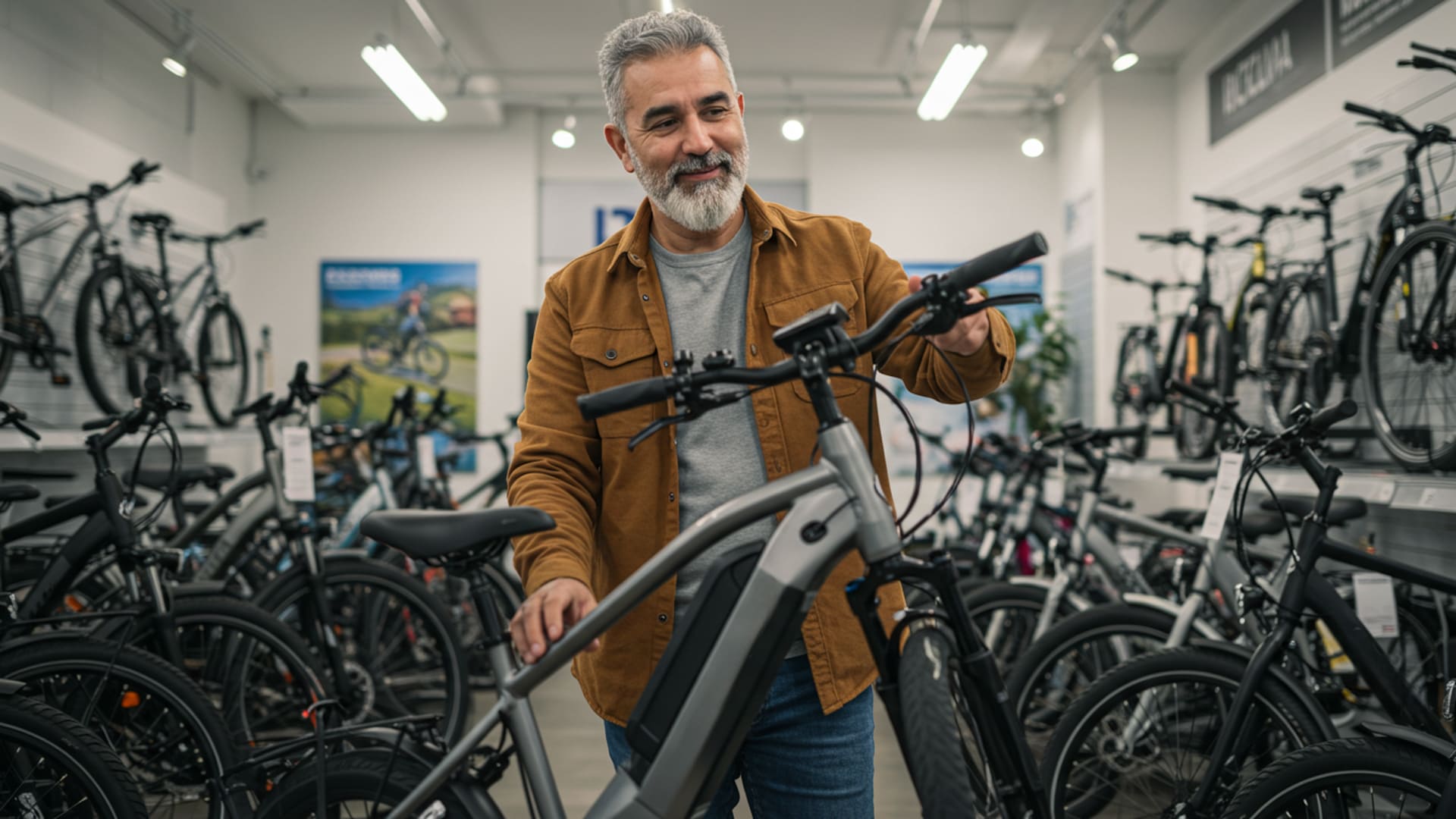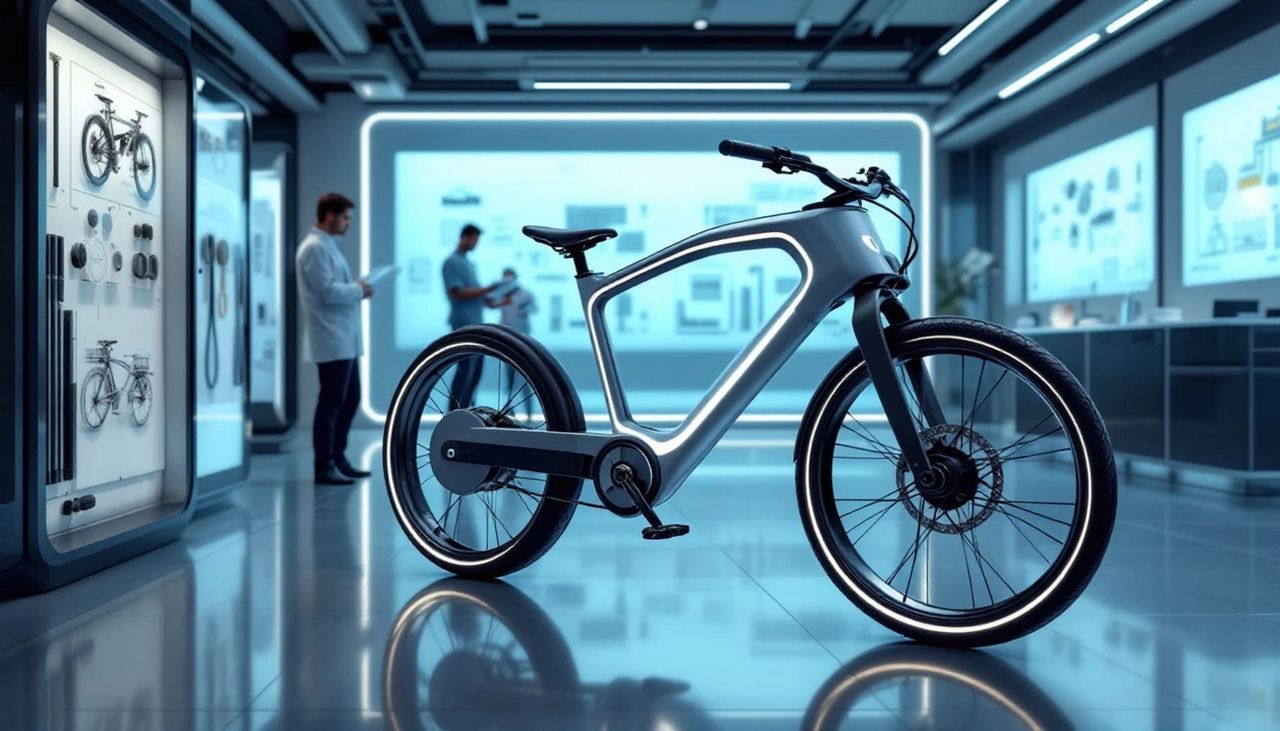
Owning an e-bike means occasional repairs and maintenance, but how much can you handle yourself? While some fixes are simple, others require professional expertise. Here’s a guide to when you should DIY and when you should call a mechanic.
1. Repairs You Can Do Yourself
✅ Tire Maintenance & Puncture Repair
- What You Can Do: Patch a puncture or replace an inner tube.
- Tools Needed: Tire levers, patch kit, air pump.
- DIY Difficulty: Easy.
✅ Brake Pad Replacement
- What You Can Do: Swap out worn brake pads for new ones.
- Tools Needed: Allen wrench, screwdriver.
- DIY Difficulty: Moderate (hydraulic brakes require more skill).
✅ Chain Cleaning & Lubrication
- What You Can Do: Remove dirt and debris, apply lubricant.
- Tools Needed: Chain cleaner, degreaser, brush, chain lube.
- DIY Difficulty: Easy.
✅ Adjusting Gears & Derailleur
- What You Can Do: Fine-tune shifting by adjusting the barrel adjuster or limit screws.
- Tools Needed: Phillips screwdriver, Allen key.
- DIY Difficulty: Moderate.
2. Repairs Best Left to a Professional
❌ Battery Issues or Electrical Failures
- Problem: E-bike won’t turn on, loses charge quickly, or experiences power surges.
- Why Call a Mechanic? Lithium-ion battery issues can be dangerous and require specialized diagnostic tools.
❌ Motor Problems
- Problem: Loss of power, unusual noises, or overheating.
- Why Call a Mechanic? E-bike motors are complex, and improper repairs can cause further damage.
❌ Hydraulic Brake Bleeding
- Problem: Spongy brakes or loss of braking power.
- Why Call a Mechanic? Requires specialized tools and fluid handling.
❌ Controller or Display Malfunctions
- Problem: Display not working, throttle/pedal assist not responding.
- Why Call a Mechanic? Diagnosing electronic failures requires expertise in e-bike wiring and programming.
3. When to Seek Help from a Mechanic
- Your e-bike is still under warranty. DIY repairs might void manufacturer coverage.
- The repair requires specialized tools. Some fixes need torque wrenches, diagnostic kits, or software updates.
- You’re not confident in your skills. If in doubt, it’s safer (and often cheaper in the long run) to have a professional handle the repair.
Final Thoughts: DIY or Pro?
If a repair involves mechanical adjustments, DIY can save money and build confidence. But for electrical or structural issues, seeking a professional ensures safety and prevents costly mistakes. Knowing the difference can keep your e-bike running smoothly for years to come.








Leave a Reply